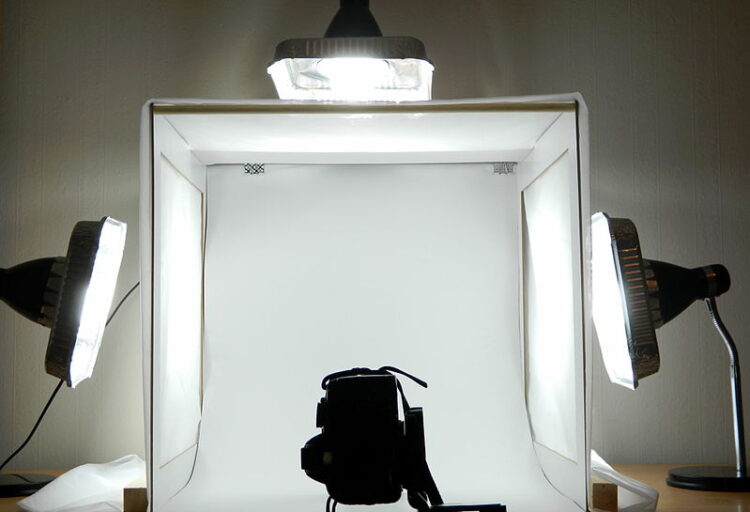Ever since I graduated from university in 2014, I have been running my own small business as a freelance writer and social media executive. These past few years have been a steep learning curve for me, especially when it comes to the financial side of running a small business. When I first started out, I thought it was just a case of completing the work and getting paid, but that’s not necessarily the case. There’s a lot more to the financial side of running a small business than meets the eye, which is why it’s important to be clued up about the mistakes that you don’t want to make.
With that in mind, I thought that I would share a few of the financial mistakes that you don’t want to be making if you want your venture to be a success.
Dealing only in cash
Being an online business, I’ve never had this issue, but I have plenty of friends who run small retail businesses that have. A lot of small businesses choose to only deal in cash because they believe this will save them money on the cost of buying or renting a card payment machine. However, the fact is that only dealing in cash will mean that you lose customers, as a lot of people only carry card with them, especially when it comes to making larger purchases. So it’s worthwhile investing in a card payment machine so that you can accept both cash and card payments. For a cheaper alternative to traditional payment machines, Paypal does an alternative which works well.
Doing your own accounting
Like more small businesses, I started out planning to do my own accounting. However, I soon realised that I couldn’t deal with all my accounting myself. So I chose to do parts of my accounting myself, such as calculating my income, which I found using a money counting machine helpful for, as it speeds up the process of counting your cash. I now tot up my accounts myself before sending them over to my accountant, who deals with the tricky bits of my accounting, such as my national insurance contribution and how much tax I have to pay.
Not stipulating terms on your invoices
A mistake I made when first starting out what not putting a disclaimer on my invoices that said all payments must be made within seven working days of being received. This meant that I was often waiting on payments for clients for longer periods, which made it more difficult to keep my business afloat. So now I always add a disclaimer to my invoices about when they need to be paid within, as that way I know when to expect payment.
Starting a small business is a learning curve, especially when it comes to the financial side of things. It’s not easy to get to grips with everything, but in time you will do, so don’t stress. Hopefully, the tips and advice above will make the process a little smoother for you, so that running your business is more straightforward.






Leave a Reply